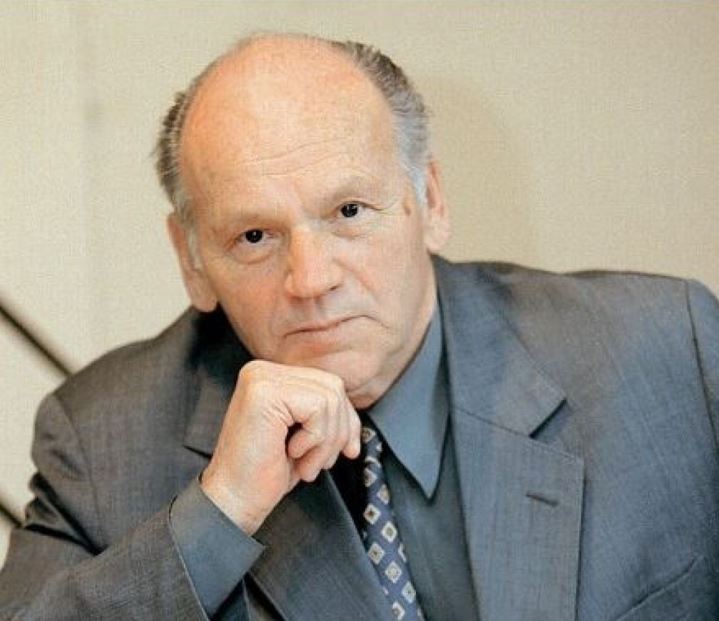By: G. B.
Today, on Thursday, January 11th, it will be 21 years since the death of Dr Jože Pučnik, a scientist, statesman, and dissident who played a significant role in Slovenia’s transition from communist Yugoslavia to democratic independence.
Pučnik, born in 1932 in Črešnjevec in Slovenska Bistrica, first came into conflict with the communist authorities as a student at the Maribor High School when he published critical articles in the magazine Iskanja. As a result, he was prohibited from taking the final exam, which he could only complete after completing his military service. He then studied philosophy and comparative literature in Ljubljana and became involved in the magazine Revija 57, where his articles again triggered a furious reaction from the regime. In 1958, almost at the end of his studies, he was sentenced to nine years in prison.
After five years (1963), he was released, but a year later, due to a critical article on Yugoslav agricultural policy in the magazine Perspektive, he was sentenced again, this time to two years. When he was released in 1966, his agony continued as he remained unemployed and with an unrecognised university education. Consequently, he emigrated to Germany, to Hamburg, where he became a student again while working. In 1971, he completed his studies with a doctorate and started teaching sociology in Lüneburg, also establishing contacts with German Social Democrats.
In the 1980s, he connected with the journal Nova revija and began preparing articles for it, including for the Slovenian national programme in 1987. Shortly afterward, he retired early and settled in Slovenia, becoming the leader of Demos and the president of the Social Democratic Party of Slovenia. He unsuccessfully ran for the presidency of the Presidency of the Republic of Slovenia. Nevertheless, he was the driving force behind the country’s independence, and his statement on the night of the plebiscite (“Yugoslavia is no more; this is about Slovenia”) became legendary. In 1992, he served as deputy prime minister for a short time, and between 1992 and 1996, he was a member of the National Assembly. Even after withdrawing from active politics, he remained an attentive observer of events and engaged in civil society. He died in Germany and was buried in Črešnjevec.
In memory of Pučnik, memorial ceremonies will be organised on that day. The President of the Jože Pučnik Institute Council, Dr Andreja Valič Zver, together with SDS President Janez Janša, will lay flowers at the grave on the anniversary of Dr Jože Pučnik’s death at 10 a.m. at the Črešnjevec cemetery. On the same day, a commemoration will take place at 3 p.m. at Republic Square in Ljubljana.

